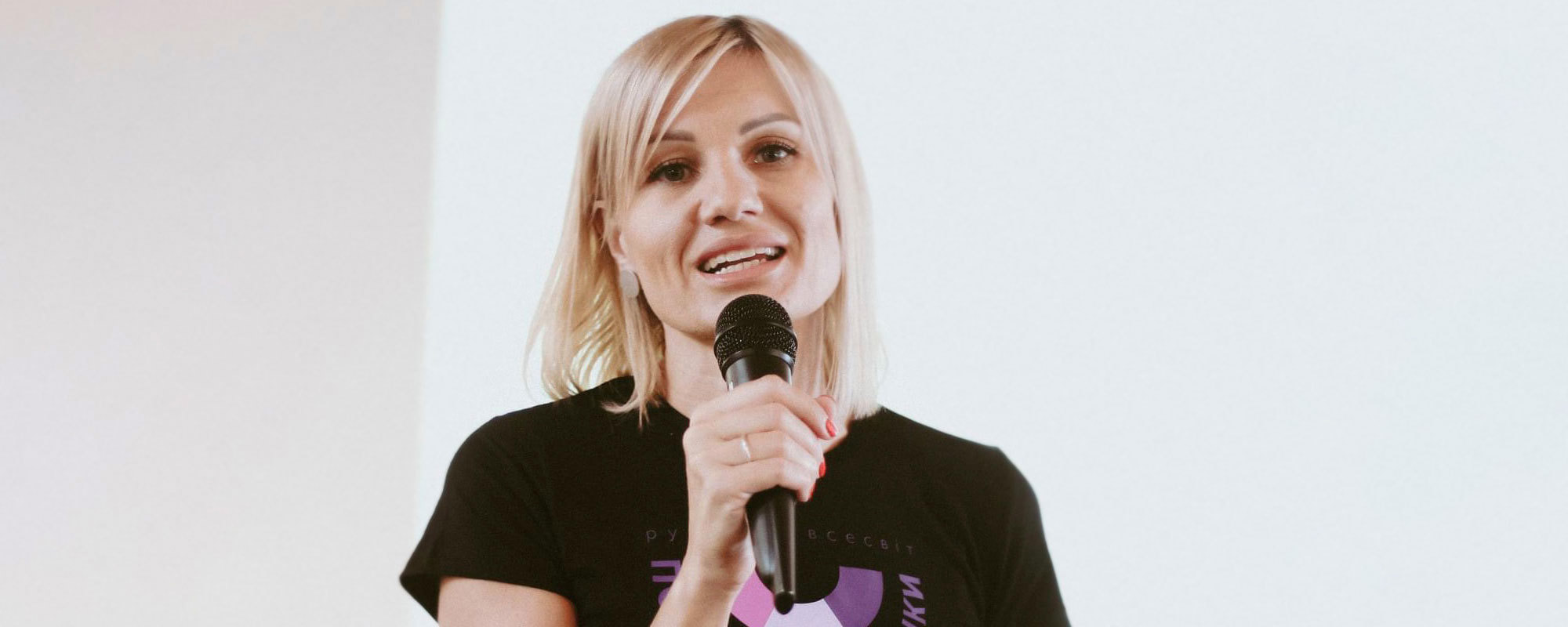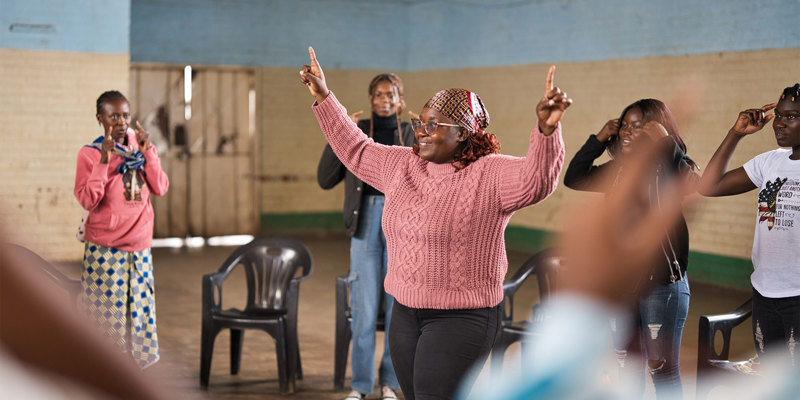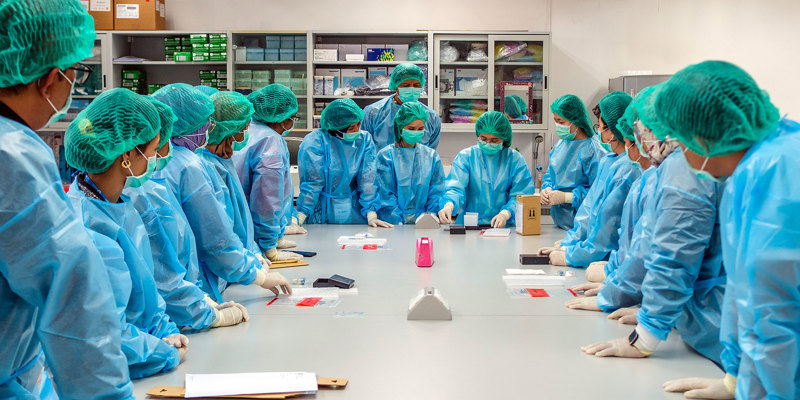

World AIDS Day: How are we supposed to protect our babies?
The importance of breastfeeding has been established as essential to a baby’s development for centuries; but what if you’re faced with the problem of needing to breastfeed your child while potentially passing on a disease? This is the reality for many breastfeeding mothers living with HIV in Ukraine, since February this year, when Russia invaded Ukraine. Health systems in many occupied and previously occupied areas of Ukraine have collapsed. Due to the lack of formula milk, many mothers, who do not have access to their ARVs (Antiretroviral Therapy), are breastfeeding their babies, heightening the risk of mother-to-child HIV transmission.
This World AIDS Day - no mother should have to choose between her baby starving and infecting the child with HIV. As a mother, I found out I was HIV-positive and pregnant in 2000. I did not have access to the necessary HIV treatment. However, I was unbelievably fortunate to give birth to a healthy and HIV-free baby.
Sadly, this is not always the case with pregnant women who have HIV. The World Health Organization (WHO) recommends that HIV-positive mothers can breastfeed their babies but only if they have access to ARV treatment and a viral load diagnostic each month. Yet, for new mothers with HIV in Ukraine at the moment – many do not have a choice. The ongoing war in Ukraine has devastated the country’s health care system with more than 700 health facilities being attacked and endless numbers of health care workers and patients being displaced, injured or killed.
Before the start of the war, the Ukrainian Ministry of Health was planning to apply for a certificate from WHO, declaring the end of mother-to-child HIV transmission in Ukraine. This heartbreaking war is very likely to stop that achievement in its tracks. In 2001, mother-to-child HIV transmission reached 27.8% in Ukraine, but by 2021 had dropped to 1.3%. When new data is released in 2023 – it is likely to have tremendously increased. Despite remarkable achievements in combatting HIV in recent years, Ukraine has the second largest HIV epidemic in Eastern Europe and Central Asia.
HIV-positive pregnant women in Ukraine desperately need help from governments and the humanitarian community to combat HIV being contracted from the next generation of babies in Ukraine. Access to health care workers with sufficient experience handling cases of HIV-infected mothers and preventing mother-to-child transmission - without stigma and discrimination - is tremendously lacking; especially in Western areas of Ukraine, which host numerous Internally Displaced People (IDPs).
ARVs, basic medication, sanitary kits and food are also needed for mothers and their babies. We have been able to provide these services through my organization, The Positive Women, but it doesn’t cover all needs.
Other organizations such as the Global Fund awarded US$15 million in emergency funding to Ukraine and provided life saving medicines, equipment and supplies – including generators to power health facilities cut-off from electricity. The Positive Women also received funding from the Global Fund for providing care and support for women and their children.
Yet, more action is needed from governments and organisations around the world. As humans, we have a duty to help voiceless and vulnerable people. We must not allow this war to undo the decades of fighting mother-to-child HIV transmission in Ukraine. We must protect the next generation of children from contracting HIV – especially when we have the medicines to prevent it.
This World AIDS Day, cast your minds to the most vulnerable people suffering in Ukraine and help us make a healthier and happier start to 2023.
This op-ed was first published in The Guardian







